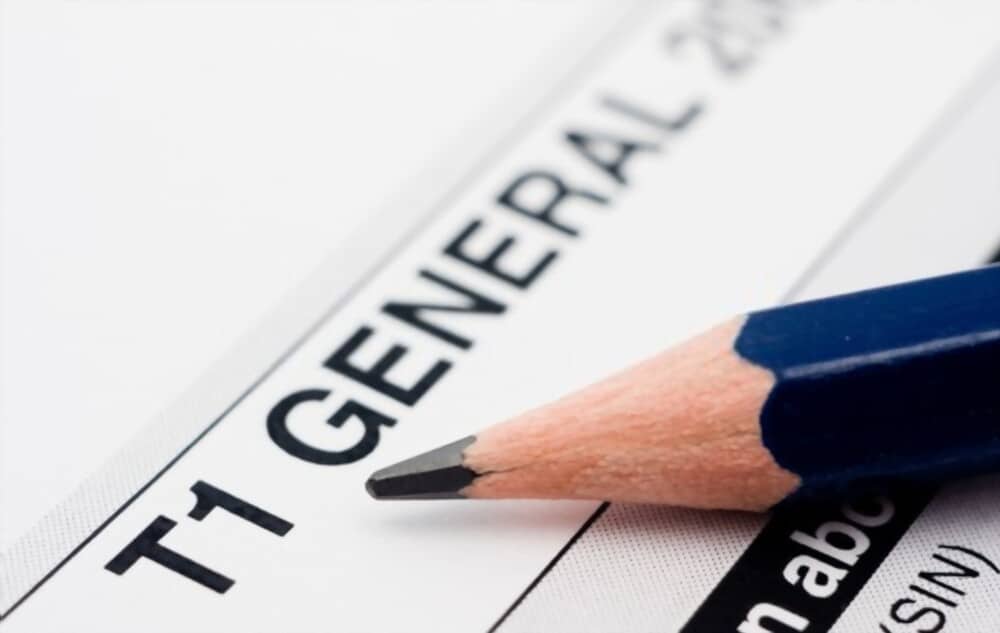What is the T1 general form?
The Income Tax and Benefit Return is another name for the T1 General Form. It is the form that Canadians use to submit their income taxes.
The form, which includes your provincial or territorial tax (with the exception of Quebec), total income, net income, tax due, deductions, non-refundable credits, and more, is a summary of all the other forms you fill out for your income taxes. This form is used to apply for benefits like the Canada Child Benefit or refundable credits like the GST/HST tax credit when you submit your taxes.
What is line 13500 on the tax return?
Line 13500 on the tax return is also known as business income. For the 2019 tax year and thereafter, line 13500 took the place of line 135. For the tax year, it details any self-employment income. After the CRA added many zeros to the T1 General form, line 13500 changed from 135 to 13500.
Your business income is shown on line 13500 of your tax return. Anything you make from a profession, a trade, a manufacture, or an endeavour of any type, an adventure or concern in the nature of commerce, or any other activity you engage in for profit is considered to fall under this category. It's crucial to understand that your business income differs from your employment income. While employment income refers to payments received from an employer, business revenue is taken into account when considering self-employment.
Where on My Tax Return Is Line 13500?
Line 13500 of the T1 general's Total Income section is where all sources of income are listed. It's about three-quarters of the way down the second page of your return. On line 13500, not all self-employment revenue is recorded. Some unusual businesses now have their own distinct line with the CRA.
If I Don't Report My Business, What Happens?
Penalties may apply if you fail to disclose your business income to the Canadian Revenue Agency. Penalties can be as high as 50% of the amount you failed to declare, up to a maximum of 10%. Your greatest chance of avoiding such fines is to be open and truthful. Penalties may occasionally be mitigated in exchange for honesty and voluntary reporting of omissions.
You must complete Lines 13500 to 14300 on your income tax returns if you are an employer-free business owner or operate your firm (formerly Lines 135-143). Serious fines might be imposed if this is not done.
Key points
The key point of what is on line 13500 of the tax return is that the Income Tax and Benefit Return is another name for the T1 General Form. It is the form that Canadians use to submit their income taxes. Line 13500 on the tax return is also known as business income. For the 2019 tax year, it details any self-employment income. It's crucial to understand that your business income differs from your employment income. Moreover, certain unusual business types have their own line with the CRA. Penalties range from 10% to a maximum of 50% of the amount you failed to declare.

